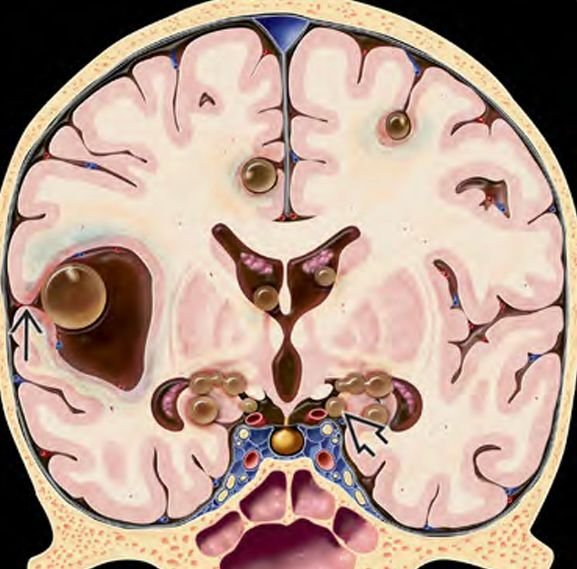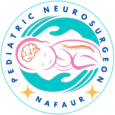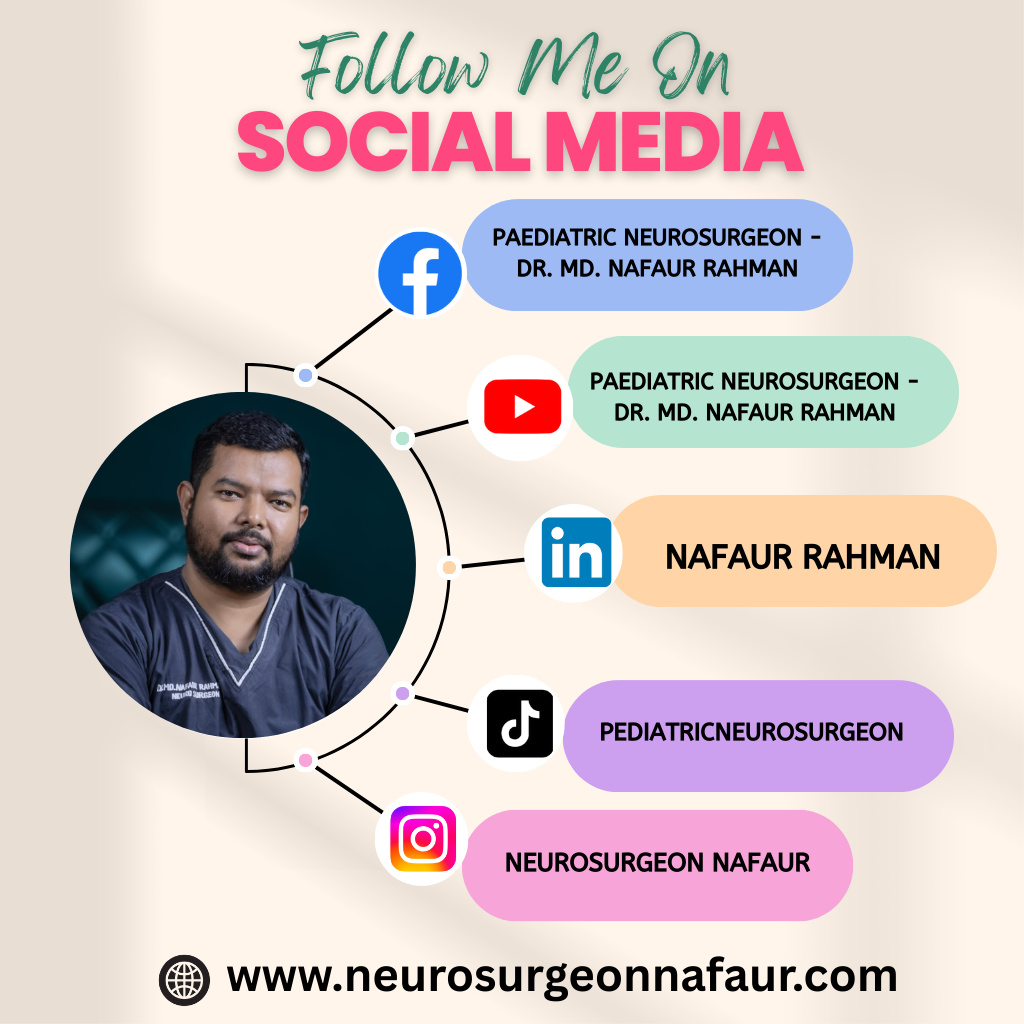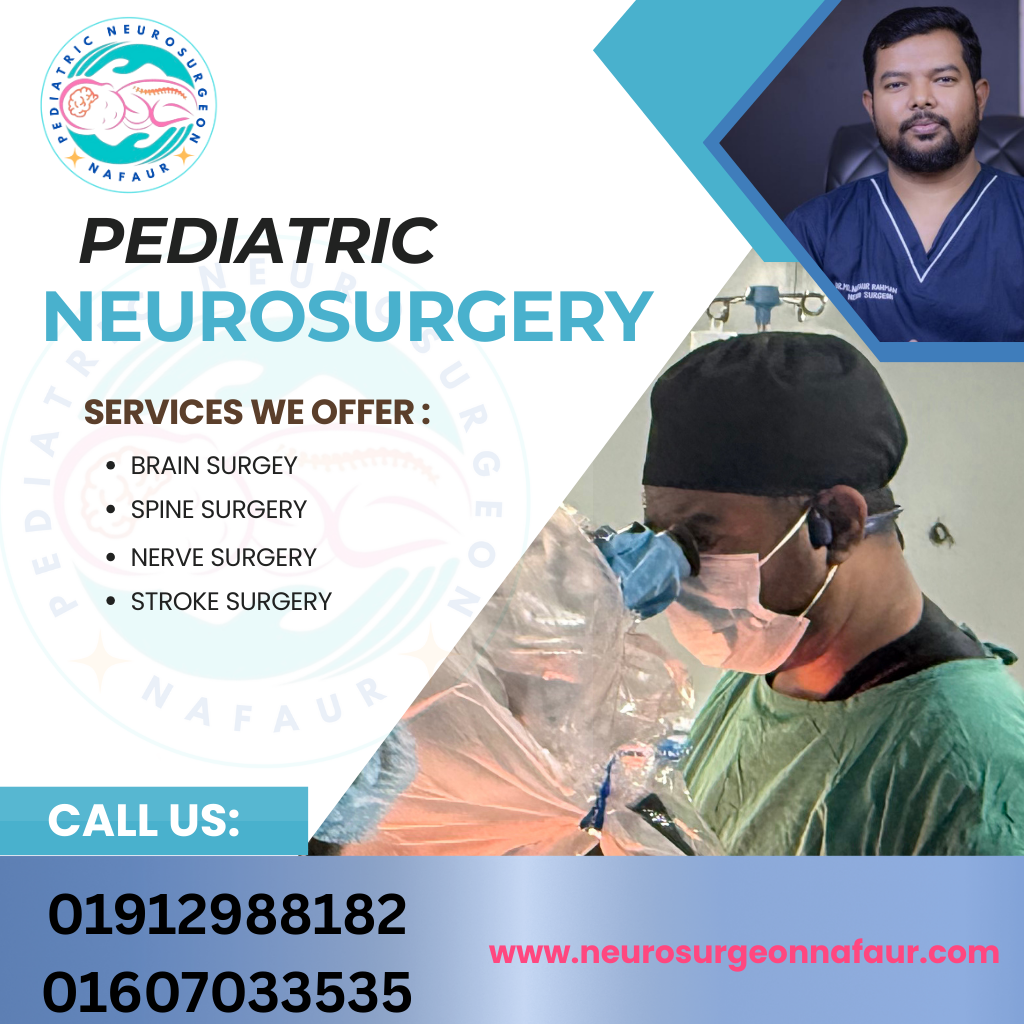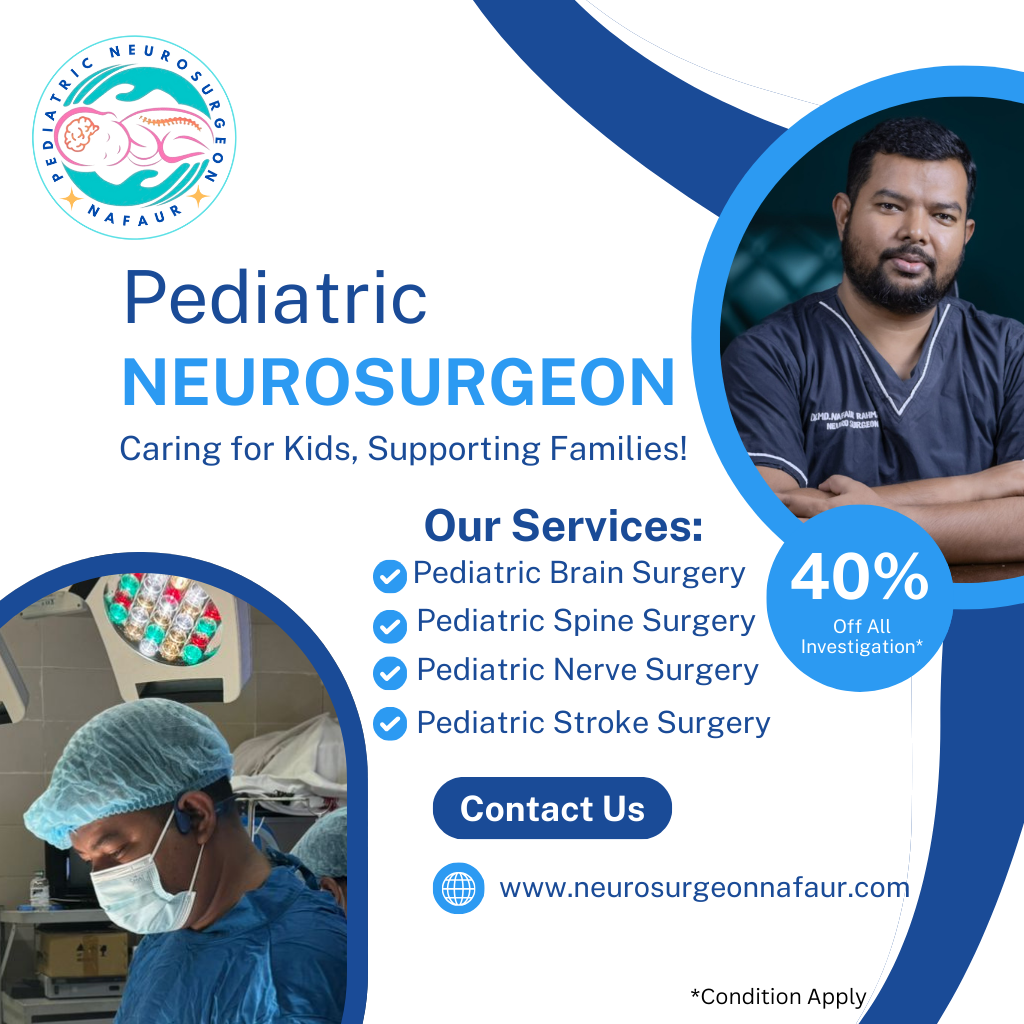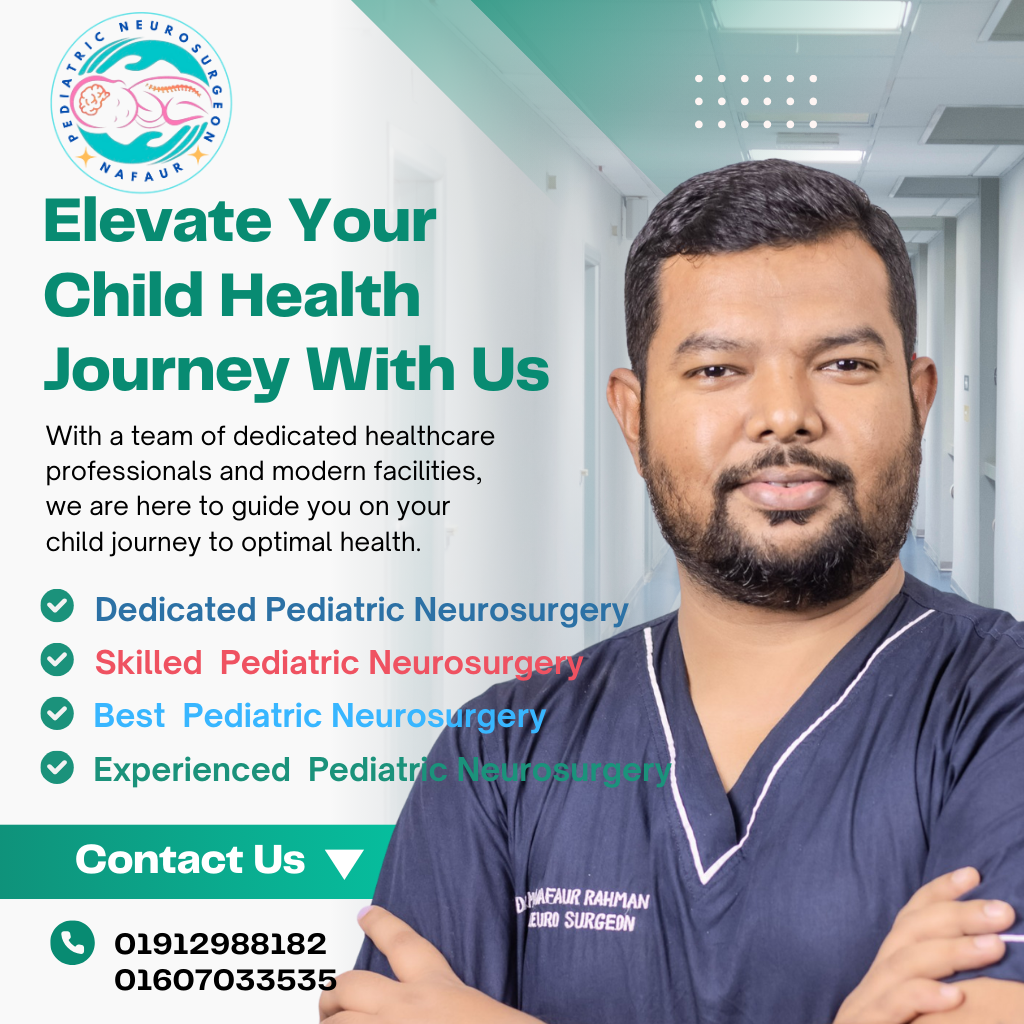Aspergillosis
Aspergillosis
Pediatric aspergillosis is a serious fungal infection caused by the mold Aspergillus species, predominantly Aspergillus fumigatus. This infection affects children, particularly those with weakened immune systems, and can involve the lungs, sinuses, brain, and other organs. In Bangladesh, pediatric aspergillosis is an emerging concern, especially among immunocompromised children such as those undergoing chemotherapy, with HIV/AIDS, or congenital immunodeficiencies. Prompt diagnosis and expert multidisciplinary management are essential to prevent life-threatening complications. Dr. Md. Nafaur Rahman specializes in the diagnosis and neurosurgical management of invasive pediatric aspergillosis, providing advanced care to affected children in Bangladesh. Causes and Risk Factors in Bangladesh Context Caused by inhalation of airborne Aspergillus spores, which are ubiquitous in the environment, including soil, decaying vegetation, and dust. Immunocompromised pediatric patients, such as those with hematologic malignancies, organ transplants, or prolonged corticosteroid use, are at high risk. Children with chronic lung diseases or cystic fibrosis may develop localized pulmonary aspergillosis. Hospital environments with poor infection control can contribute to nosocomial infections. In Bangladesh, limited awareness and diagnostic challenges lead to delayed recognition, increasing morbidity. Clinical Presentation in Children Pediatric aspergillosis manifests in several forms: Invasive pulmonary aspergillosis (IPA): Fever, cough, chest pain, hemoptysis, and respiratory distress in immunocompromised children. Chronic pulmonary aspergillosis: Long-standing respiratory symptoms with cavitary lung lesions. Allergic bronchopulmonary aspergillosis (ABPA): Asthma-like symptoms and bronchiectasis. CNS aspergillosis: Brain abscesses, meningitis, or vasculitis leading to seizures, headaches, neurological deficits, and altered consciousness. Early identification of CNS involvement is critical for successful treatment. Diagnostic Strategies Clinical suspicion based on risk factors and symptoms is key. Laboratory tests include fungal culture, PCR, and galactomannan antigen detection in blood and cerebrospinal fluid (CSF). Histopathological examination confirms tissue invasion. Neuroimaging (MRI/CT scans) is essential to detect CNS lesions such as abscesses or infarcts. Differential diagnosis includes bacterial infections and other fungal diseases prevalent in Bangladesh. Treatment and Management Antifungal therapy with voriconazole is the first-line treatment for invasive aspergillosis; alternatives include amphotericin B and echinocandins. Duration of therapy depends on disease severity, site of infection, and immune status. Neurosurgical intervention may be necessary for abscess drainage or to relieve mass effect in CNS aspergillosis. Supportive care includes managing immunosuppression and addressing underlying conditions. Multidisciplinary approach involving pediatric neurosurgeons, infectious disease specialists, and pulmonologists improves outcomes. Challenges in Bangladesh Limited access to advanced fungal diagnostics such as galactomannan and PCR tests. Overlapping clinical features with tuberculosis and bacterial infections lead to misdiagnosis. Inadequate infection control in some healthcare settings increases risk of nosocomial aspergillosis. Economic constraints impact availability and adherence to prolonged antifungal therapy. Need for increased healthcare provider training on early detection and management. Prognosis and Follow-up Early diagnosis and appropriate antifungal treatment improve survival rates significantly. CNS aspergillosis carries a higher risk of neurological complications and requires vigilant follow-up. Long-term monitoring for neurological status, antifungal toxicity, and immune recovery is essential. Preventive strategies focus on reducing exposure and optimizing care for immunocompromised children. Why Choose Dr. Md. Nafaur Rahman? ✅ Expert in managing complex pediatric fungal infections including invasive aspergillosis. ✅ Access to comprehensive diagnostic and neurosurgical facilities at NINS and Bangladesh Paediatric Neurocare Centre. ✅ Personalized treatment plans tailored to the pediatric population of Bangladesh. ✅ Commitment to improving awareness and outcomes through education and research. ✅ Focus on affordable, culturally sensitive, and evidence-based care. Contact for Pediatric Aspergillosis Care in Bangladesh 📌 Dr. Md. Nafaur Rahman Assistant Professor, Department of Pediatric Neurosurgery, National Institute of Neurosciences & Hospital (NINS) Chief Consultant, Bangladesh Paediatric Neurocare Centre 📞 For Consultation and Emergency Contact: 📱 +8801912988182 | +8801607033535 🌐 Visit: www.neurosurgeonnafaur.com
